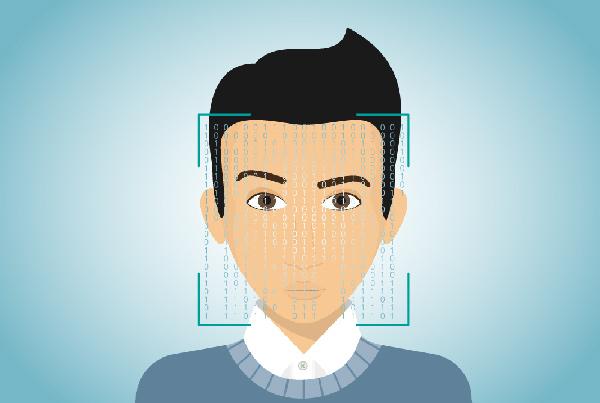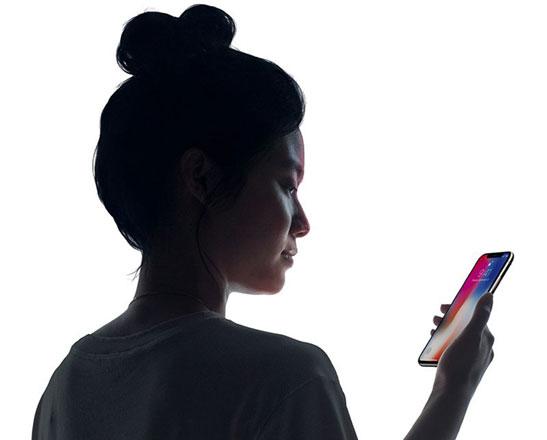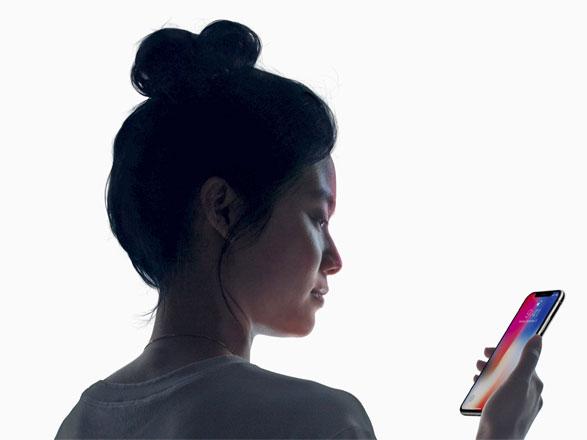You are here
Facial recognition may help you get on plane or cruise ship faster
By Sun Sentinel (TNS) - Apr 17,2019 - Last updated at Apr 17,2019

Photo courtesy of hypebeast.com
Say goodbye to standing in long lines clutching boarding passes and other travel documents.
Step this way, instead. Look into the camera lens and off you go.
Sound convenient? Technology companies working with travel providers and the federal government to install facial recognition systems at airports and cruise terminals hope you think so.
But privacy advocates do not want you to become too comfortable. They worry that what we’re willing to accept for convenience sake today will soften our resistance to the idea of filling public spaces with cameras that can identify us and track our every move.
In South Florida, facial recognition systems are popping up at airports and seaports:
At the new Terminal 25 in Port Everglades, passengers heading for their Royal Caribbean cruises can breeze through check-in and boarding if they pre-registered at home, thanks to a system developed for the cruise line by California-based biometrics developer Tascent.
In its announcement heralding the system’s debut in November, Tascent called it a “next-gen biometric traveller experience” that enables “frictionless arrivals”.
At PortMiami, Royal Caribbean worked with another provider, IDEMIA, on a facial recognition system used to speed debarkation, the process of getting people off the ship. IDEMIA’s MFace high-speed 3D face capture technology scans faces of travellers leaving ships and instantly verifies their identities by matching the scans with images collected at the beginning of cruises.
Testing of the system at PortMiami and Cape Liberty in New Jersey, announced in 2017, is complete and the system is “now moving into commercial production at these ports”, an IDEMIA news release stated.
The release quoted Capt. Thomas Hinderhofer, Royal Caribbean’s director of northeast port operations, as saying the cruise line has received “very positive feedback” on the new system. “Innovative solutions that improve our guests’ total experience — including the final step of clearing Customs in a fast, secure, frictionless process — is Royal Caribbean’s way of the future,” he said.
Miami International Airport launched a biometric entry pilot program in November 2017 at its renovated Concourse E facility that is capable of screening up to 10 passengers a minute — reducing passenger wait times by 20 per cent to 80 per cent, the airport said on its website. The system works by comparing travellers’ scanned facial images to images on their passports.
At the airport’s Gate J17, Lufthansa fliers can forego boarding passes entirely and present just their faces. Additional airlines are expected to get the technology this year.
JetBlue offers a similar facial recognition system to speed boarding for select international flights at Fort Lauderdale-Hollywood International Airport.
The new programs join other biometric scanning technologies, such as CLEAR, which identifies passengers using eye and fingerprint scans. That technology, which requires pre-enrolment, enables passengers to skip the document presentation line, but not the physical Transportation Security Administration inspection line. CLEAR is available at 28 US airports, including terminals E and H at Miami International and terminals 1 and 2 at Fort Lauderdale-Hollywood, for $179 a year.
A free version is available to travellers at participating stadiums and sports arenas, including American Airlines Arena in downtown Miami.
Systems that scan fingerprints or eyes are not as threatening as facial recognition systems, which can identify and track people with cameras installed throughout the public realm, including atop buildings, utility poles, street signs and traffic signals, privacy advocates say.
Operators of the new facial recognition systems say they take travellers’ privacy concerns seriously.
Travellers can opt out of participating in the biometric checks and proceed through their check-in by presenting traditional documents, according to the US Customs and Border Protection, which is overseeing programs involving international travel.
IDEMIA says no images used by its MFace technology to speed cruise ship debarkation will be stored after trips are completed.
And the Customs and Border Protection says it retains images of US citizens and exempt non-citizens no more than 12 hours after their identities are verified. Images of non-citizens can be retained up to 14 days except under certain circumstances required by law. Images that fall under those exceptions will be retained by the Department of Homeland Security “as a biometrically-confirmed arrival or departure from the United States”.
Even if travellers’ photos are deleted after they return to the US, federal and state agencies retain photos of citizens’ passports, visas and driver licenses in their databases that could used at any time to identify faces recorded by surveillance cameras.
That is the capability that worries privacy advocates, such as the Electronic Frontier Foundation and American Civil Liberties Union.
At thousands of locations across the country, law enforcement agencies capture and store licence plate numbers photographed by surveillance cameras positioned along city streets. Law enforcement agencies freely share their databases showing whose cars were where, when, and how many times, the EFF reported.
Faces also are photographed by police body cameras, the ACLU pointed out in a letter last year urging Amazon to stop licensing its surveillance system, Rekognition, which can recognise persons of interest in real time, to law enforcement agencies.
“People should be free to walk down the street without being watched by the government,” the ACLU said in the July letter. “Facial recognition in American communities threatens this freedom.” Amazon continues to market the product to police agencies, CNBC reported in December.
What makes facial recognition different from other biometrics “is that it’s very easy to collect from a person without their noticing”, said Adam Schwartz, an attorney at the Electronic Frontier Foundation in a story published in The Hill in December 2017.
The story pointed out that the FBI already has 412 million images in its facial recognition database to which surveillance cameras can be easily linked if the government chooses.
We are more likely to accept that choice if we first learn to appreciate facial recognition as a time-saving convenience, Schwartz told The Hill.
“There’s a fear we have of increased normalisation of this,” he said. “Once people start doing facial recognition on an airplane, they’ll get used to it in a supermarket. And then all of a sudden our lives become more and more on display.”
Related Articles
WASHINGTON — Apple will let you unlock the iPhone X with your face — a move likely to bring facial recognition to the masses, along with con
AMMAN — Queen Alia International Airport (QAIA), in collaboration with Royal Jordanian Airlines (RJ) and pioneering travel technology compan
Your passcode can be hacked, but your face is yours and yours alone.


















